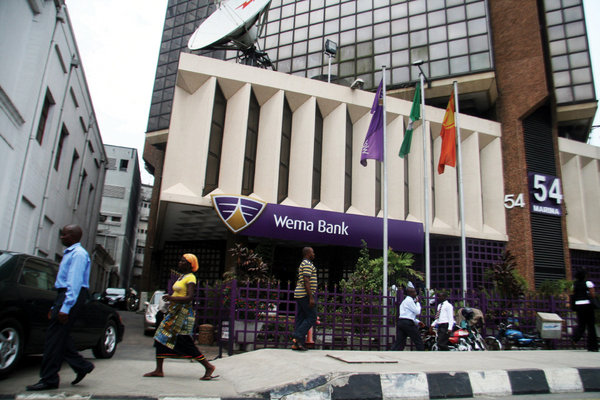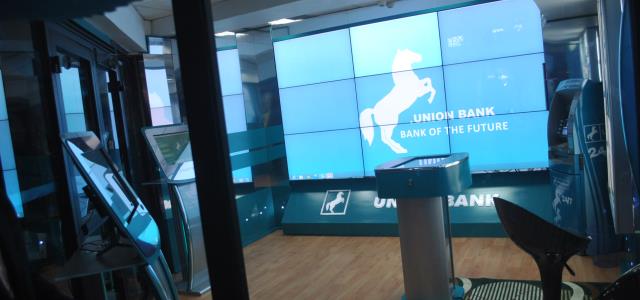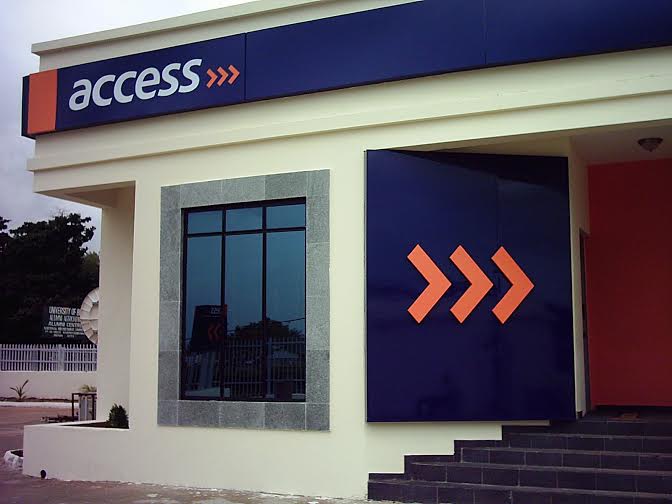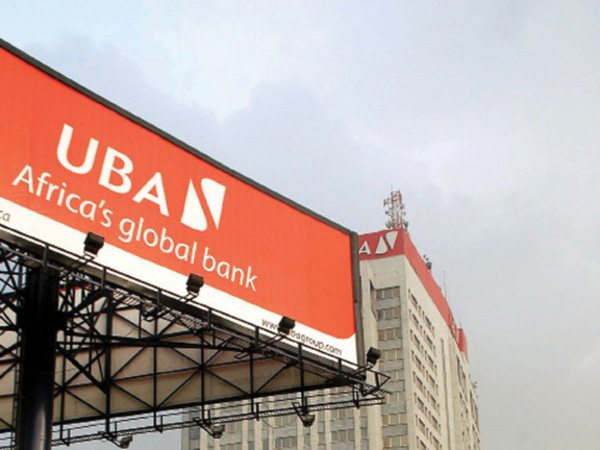Wema Bank failed to sustain the top growth record in profit of the prior year and closed the 2015 operations with revenue slowing down for the third year running and profit ending flat. This obviously isn’t an interesting story for a bank that needs all the operating speed possible in rebuilding profit in order to fill up a hole of over N35 billion of accumulated losses. The bank’s capital stock is punctured by retained deficit, which grew further in 2015 instead of declining.
The bank recorded one of the biggest profit advances in the banking industry at close to 50% in 2014 but the recovery fire went off suddenly in 2015. The bank needs to keep revenue accelerating and cost moderating to enable it escape from its backward profit margin. The opposites are what happened in 2015, placing a question mark over the bank’s ability to sustain the recovery trend going forward.
Inability to achieve a reasonable growth in revenue was the major drawback for the bank in 2015. Revenue growth has been slowing down since it reported an impressive growth of 35% in 2012. Growth slowed down for the third year running in 2015, marking the lowest growth rate in earnings in four years.
At 8.5%, gross income grew at about half the growth rate of the preceding year. Non-interest income however provided the strength for revenue growth in the year at 28.7% but interest income remained the dominant source of revenue. The expansion of 25% in net credit volume in the year to N185.60 billion is not reflected in the less than 5% increase in interest income. Earnings per naira of outstanding loans and investments declined during the year.
Advertisement
Management succeeded in putting two of the three major expenditure lines under control. Wema Bank appears to have overcome its credit quality problem, as a net write back in 2015 follows a moderate provision in 2014 and a huge net write back in 2013. This is an indication that loan recovery effort is yielding some positive results for the bank.
Operating expenses were also under check with a decline in personnel expenses while total operating cost increased by 6% to N23.41 billion in the year. Total operating expenses grew a little below gross earnings, lowering the cost margin slightly from 52.4% at the end of 2014 to 51.2% in 2015. This remains well above the average industry number, indicating that the bank is still devoting one of the highest ratios of its revenue to operating expenses in the banking sector.
The one expenditure line that management could not control is interest cost, which rose by close to 15% to N19.41 billion in 2015. That is almost twice as fast as the 8.5% growth in gross earnings and three times as fast as the 5% increase in interest income. That caused a decline of 4.5% in net interest income in the year. The strength to improve operating income slightly to N26.46 billion came from the stronger growth in non-interest income. Further strength came from the moderated growth in operating cost, which enabled the bank to defend profit. Net profit however slipped by 2% to stand at about N2.33 billion at the end of 2015.
Advertisement
The profit figure represents a comparatively weak ability to convert revenue into profit. The bank’s net profit margin, already one of the lowest in the banking sector, declined further from 5.6% in 2014 to 5.1% in 2015.
Inability to grow revenue and inability to convert a good proportion of it into profit are the key issues that should be in the bank’s strategy paper going forward into 2016. How to gear up the bank’s growth functions to raise asset turnover is the second heart of the matter.
How to add new momentum to the two sides of the operational flow – assets to revenue and revenue to profit is the task facing Wema Bank’s management in 2016. Without a new strength on either side, the decelerating trend in revenue will lead to a sharp profit drop in the current year.
The bank earned 6 kobo per share in 2015, which is unchanged from the preceding year’s figure. Its long dividend holiday is still running and dividend isn’t to be expected until the N35 billion impairment of the capital stock is made good with sustained strong profit growth and aggressive profit retentions.
Advertisement
Add a comment







